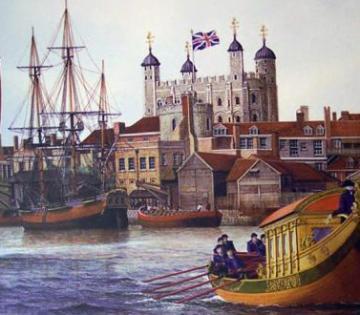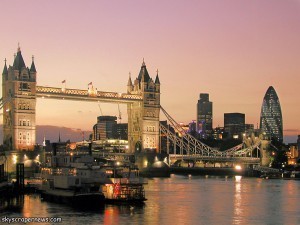What do you think?
Rate this book


162 pages, Paperback
First published January 1, 1733



























Time, which alone gives reputation to writers, at last makes their very faults venerable.







“It is of advantage to society in general, that mankind should believe the soul to be immortal; faith commands us to do this”The obvious implication is that while this is advantageous for society it might not necessarily be true.